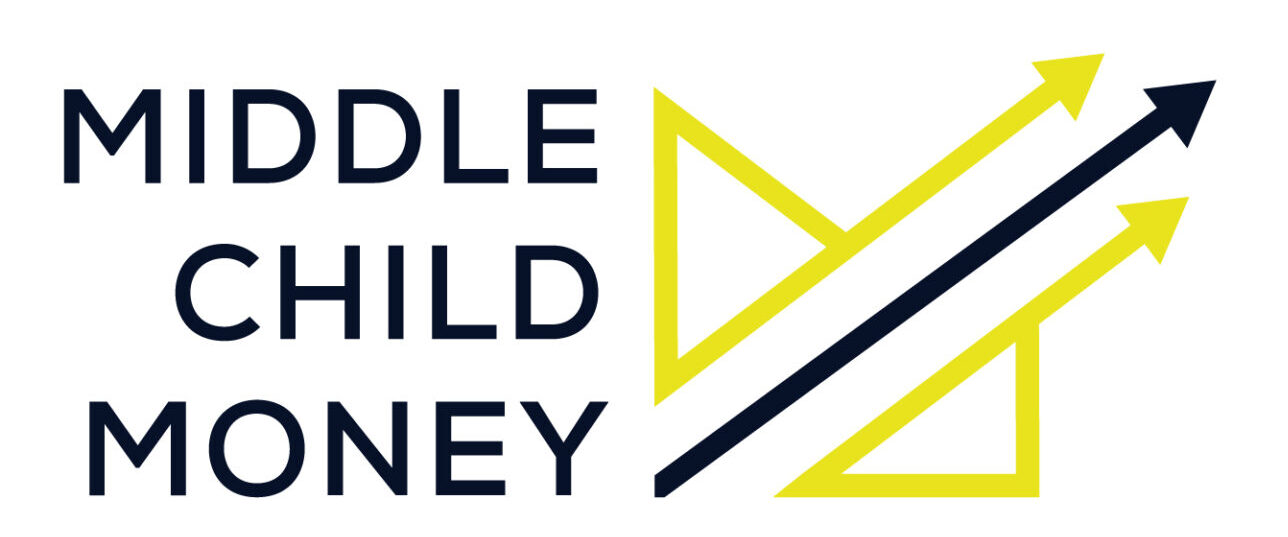
Welcome back to Middle Child Money’s Credit Cards and Debt corner. Today, we’re diving deep into the world of credit card statements. Yep, those intimidating pieces of paper (or digital documents) that land in your mailbox or inbox every month. Don’t worry, we’ve got your back! Understanding the definitions of words on credit card statements can feel like decoding a secret language, but we’re here to break it down for you, one term at a time. Let’s get started!
Minimum Payment Due
What it means: The minimum payment due is the smallest amount you’re required to pay by the due date to keep your account in good standing. It’s calculated based on a percentage of your outstanding balance or a fixed amount, whichever is greater.
Why it matters: Paying only the minimum payment can help you avoid late fees and penalties, but it can also cost you more in interest over time. Always strive to pay more than the minimum to reduce your balance faster and save on interest.
Statement Balance
What it means: The statement balance is the total amount you owe on your credit card as of the statement date. This includes purchases, cash advances, fees, and any interest charges that have accrued since the last statement.
Why it matters: Keeping an eye on your statement balance can help you manage your spending and avoid overspending. Aim to pay off your statement balance in full each month to avoid paying interest on your purchases.
Available Credit
What it means: Available credit is the amount of credit you have left to use on your credit card. It’s calculated by subtracting your current balance from your credit limit.
Why it matters: Monitoring your available credit can help you avoid maxing out your card, which can negatively impact your credit score. Keeping your credit utilization low (typically below 30%) is key to maintaining a healthy credit score.
APR (Annual Percentage Rate)
What it means: APR stands for Annual Percentage Rate, and it represents the annualized cost of borrowing money on your credit card. It includes the interest rate and any fees associated with the card.
Why it matters: Understanding your APR is crucial for evaluating the cost of carrying a balance on your credit card. Lower APRs are generally better, but it’s also important to consider other factors like rewards, fees, and terms when choosing a credit card.
Grace Period
What it means: The grace period is the time between the end of your billing cycle and the due date for your payment. During this period, you can pay off your balance in full without accruing interest on new purchases.
Why it matters: Taking advantage of the grace period can help you avoid paying interest on your purchases. However, cash advances and balance transfers usually don’t have a grace period, so be mindful of the terms and conditions of your card.
Late Payment Fee
What it means: A late payment fee is a fee charged to your account if you fail to make at least the minimum payment by the due date.
Why it matters: Late payment fees can add up quickly and negatively impact your credit score. Always make your payments on time to avoid these fees and maintain a healthy credit history.
Balance Transfer
What it means: A balance transfer is the process of moving a balance from one credit card to another, usually to take advantage of a lower interest rate or promotional offer.
Why it matters: Balance transfers can be a useful tool for consolidating debt and saving on interest, but they often come with fees and terms to consider. Make sure to read the fine print and calculate the total cost before proceeding with a balance transfer.
Conclusion
There you have it, folks – a crash course in understanding the definitions of words on credit card statements! By familiarizing yourself with these terms and concepts, you’ll be better equipped to manage your credit card effectively, avoid common pitfalls, and make informed financial decisions.
Remember, credit cards can be a valuable financial tool when used responsibly. They offer convenience, rewards, and the opportunity to build or improve your credit score. However, it’s crucial to use them wisely, pay your bills on time, and avoid carrying a balance whenever possible.
If you ever find yourself struggling with credit card debt, don’t hesitate to seek help from a financial advisor or credit counseling service. They can provide personalized advice and assistance to help you get back on track and achieve your financial goals.
Thanks for joining us for another edition of Middle Child Money’s Credit Cards and Debt corner. Stay tuned for more tips, insights, and advice to help you navigate the world of personal finance like a pro!
Until next time, stay financially savvy and keep crushing those financial goals! 💳💰







